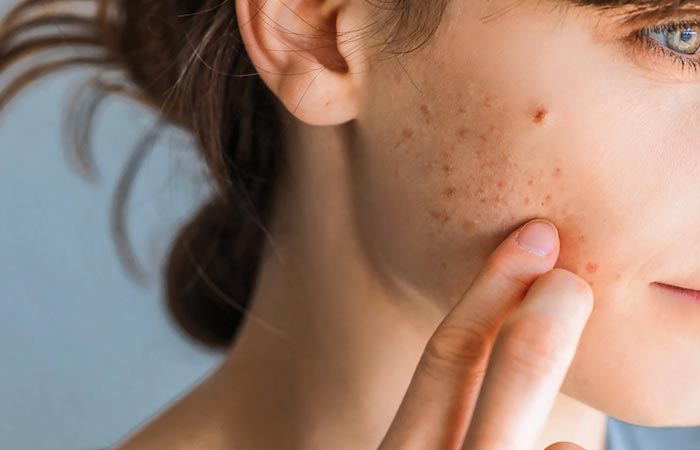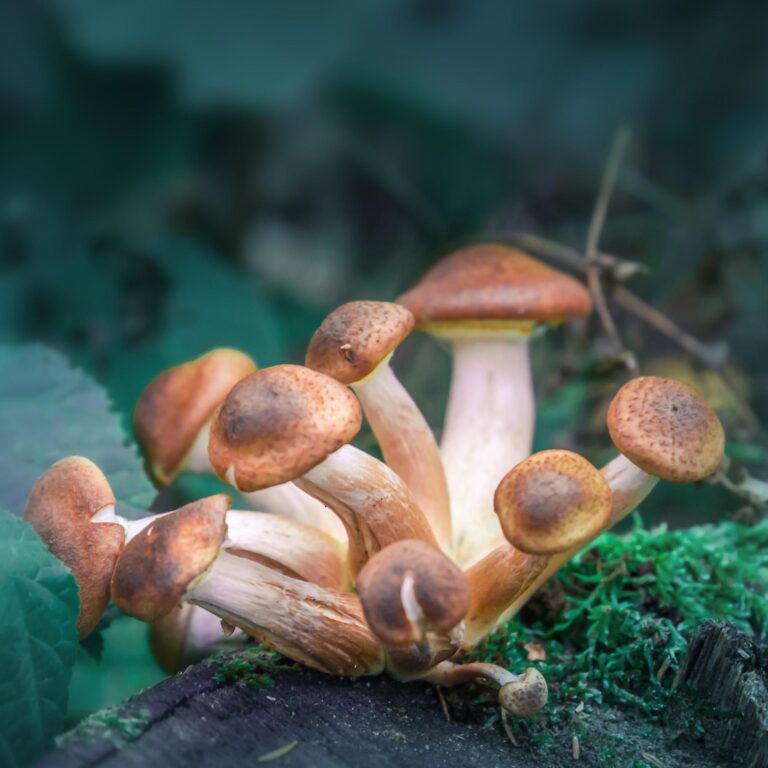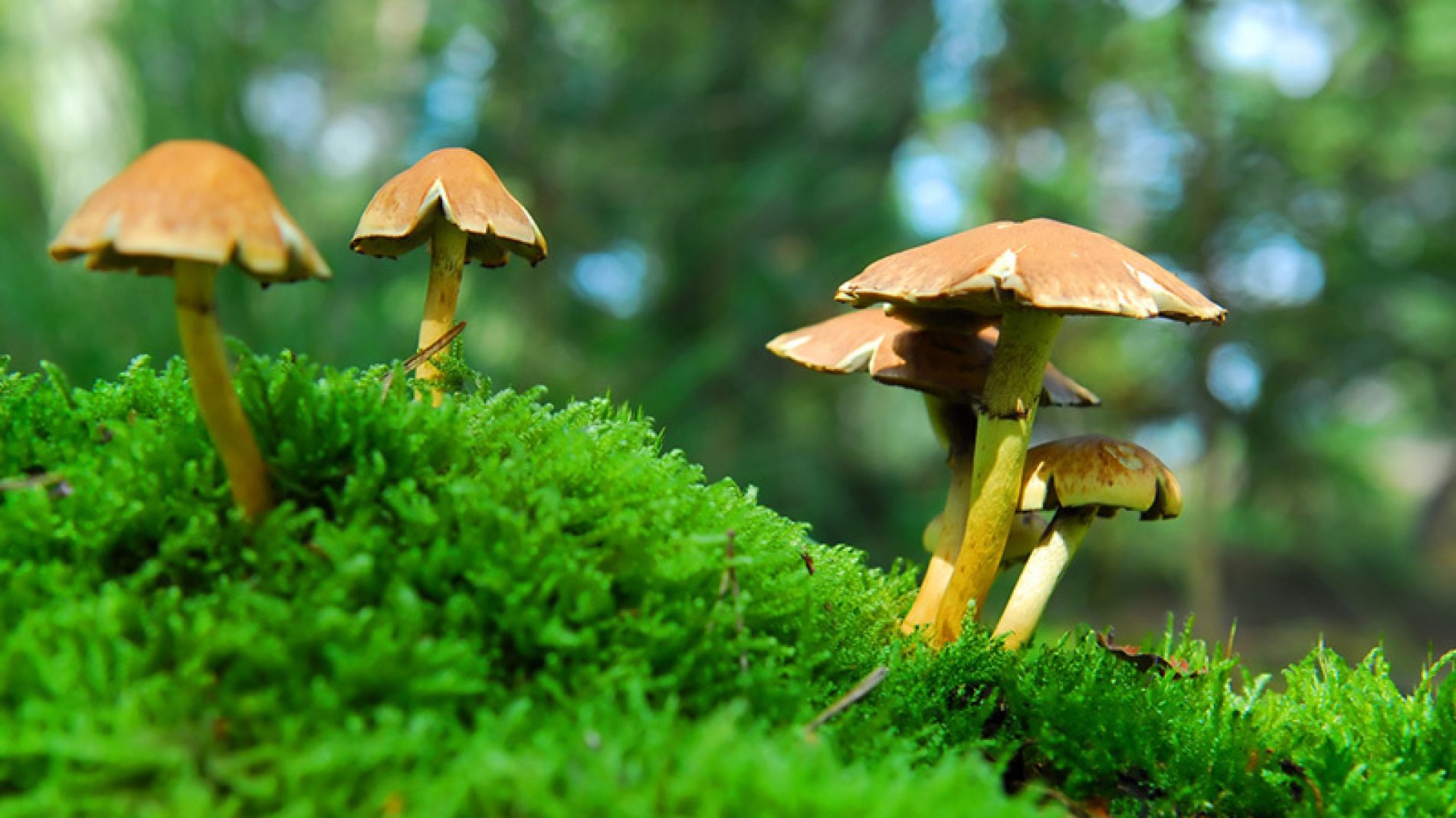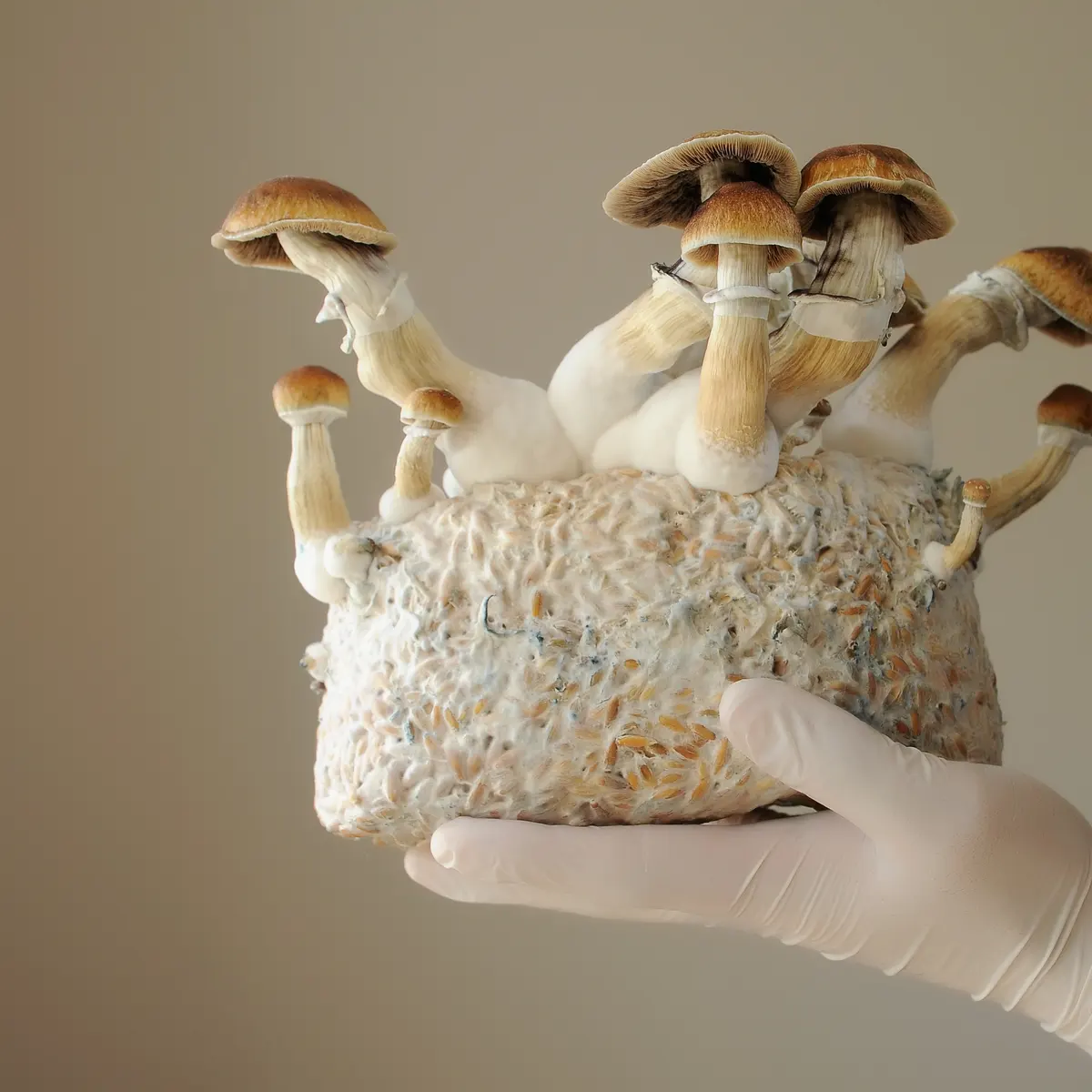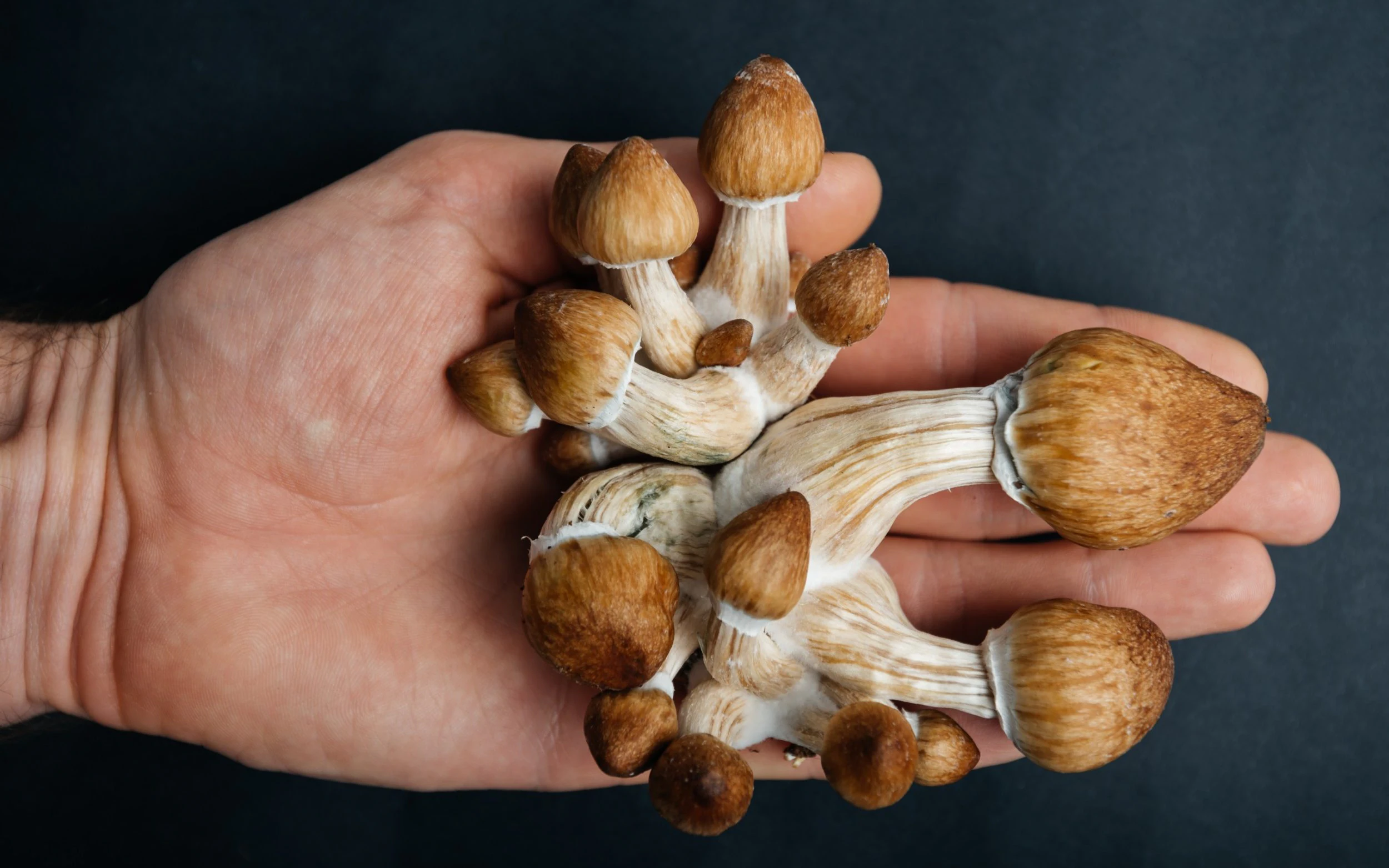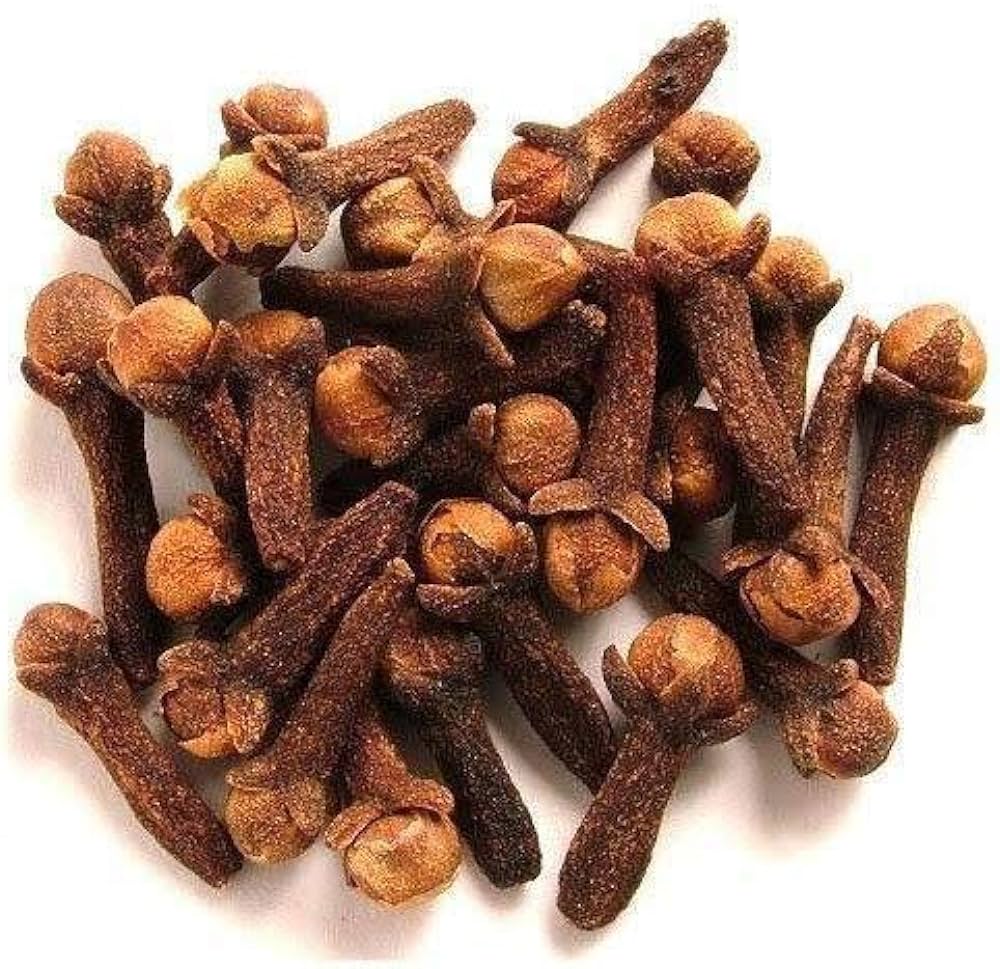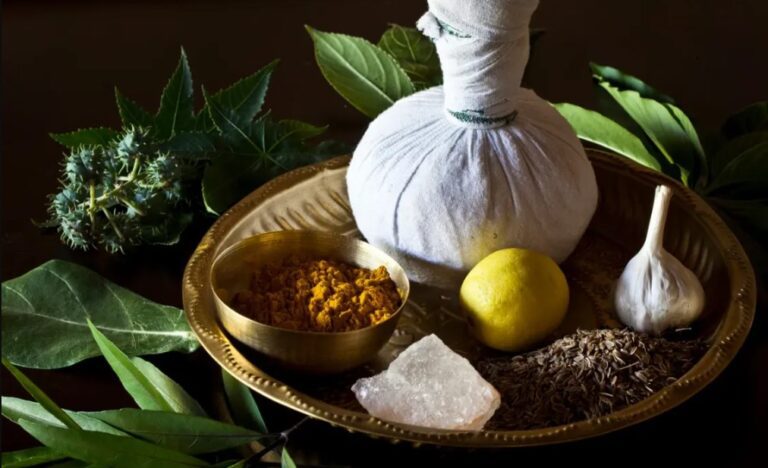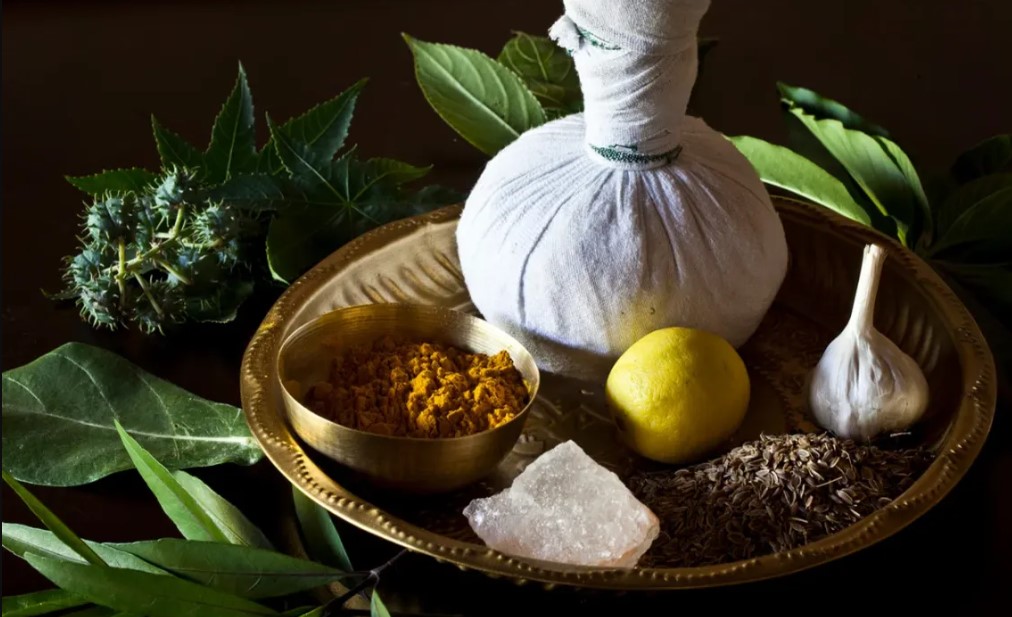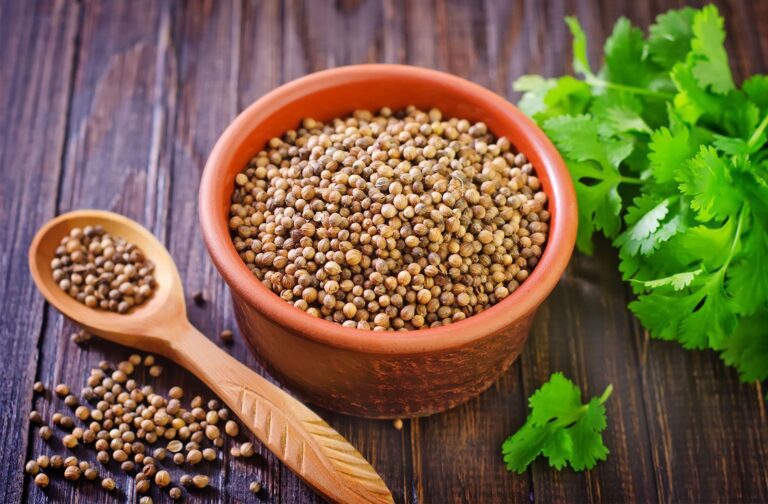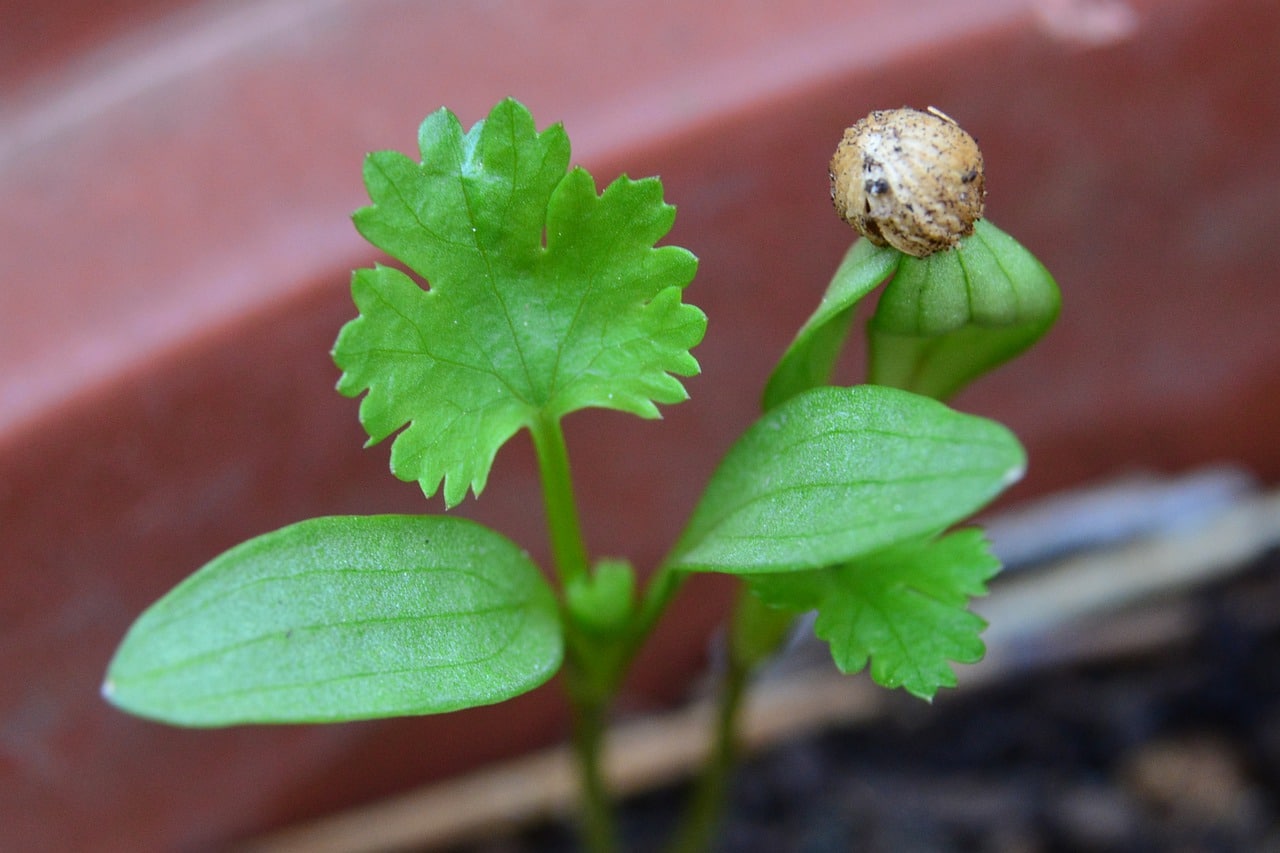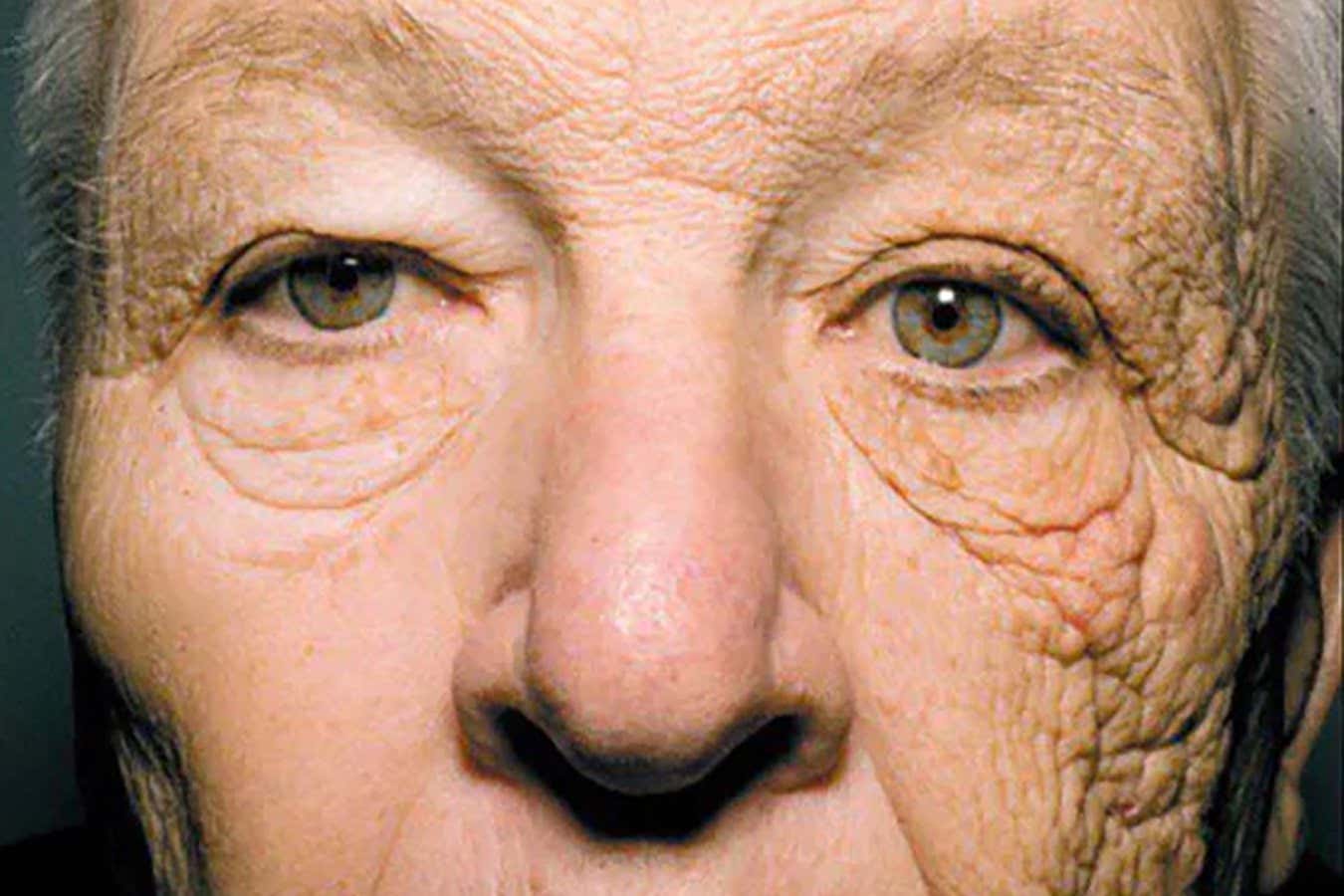You might enhance your increase memory through a combination of dietary choices, physical activity, and specific techniques like meditation.
Occasional memory lapses are a common experience, particularly during hectic phases of life. Although this is normal, dealing with a subpar memory can be exasperating.
Genetics can contribute to memory decline, particularly in severe neurological disorders such as Alzheimer’s disease. Nevertheless, scientific studies have revealed that increase memory can also be significantly influenced by one’s diet and lifestyle.
Outlined below are 14 proven methods, supported by scientific evidence, to naturally boost your memory.

1. Eat less added sugar
Excessive consumption of added sugar has been associated with numerous health issues and chronic diseases, including a decline in cognitive function.
Scientific research has established a connection between a diet high in sugar and negative effects on memory, particularly in the region of the brain responsible for storing short-term increase memory.
For instance, a study involving over 4,000 participants revealed that those who had a higher intake of sugary beverages like soda tended to have smaller total brain volumes and, on average, experienced memory deficits compared to individuals with lower sugar consumption.
Reducing your sugar intake not only benefits your increase memory but also contributes to an overall improvement in your health.
Summary
scientific studies indicate that individuals who regularly consume excessive added sugar may experience a increase memory decline and reduced brain volume when compared to those who limit their sugar intake.
2. Try a fish oil supplement
Fish oil contains high levels of omega-3 fatty acids called eicosapentaenoic acid (EPA) and docosahexaenoic acid (DHA).
These essential fats play a pivotal role in maintaining overall well-being and have demonstrated their capacity to mitigate the risk of heart disease, reduce inflammation, alleviate stress and anxiety, and decelerate cognitive decline.
Numerous research studies have established that the consumption of fish and fish oil supplements may enhance memory, particularly among older individuals.
A comprehensive review of 28 studies conducted in 2015 revealed that individuals with mild memory loss symptoms who consumed supplements enriched with DHA and EPA, like fish oil, experienced enhancements in episodic increase memory.
Both DHA and EPA play a crucial role in promoting brain health and function, and they also contribute to reducing inflammation in the body, a factor associated with cognitive deterioration.
Summary
fish and fish oil supplements are reservoirs of the omega-3 fatty acids EPA and DHA. Their consumption may lead to improvements in short-term, working, and episodic increase memory, particularly among the elderly.
3. Make time for meditation
The act of meditation can have a multitude of positive impacts on your health.
It possesses the qualities of relaxation and tranquility, and scientific research has confirmed its ability to diminish stress, alleviate pain, reduce blood pressure, and even enhance memory.
Remarkably, meditation has been shown to augment the gray matter within the brain. This gray matter comprises the cell bodies of neurons.
With advancing age, gray matter tends to diminish, which can detrimentally affect increase memory and cognitive functions.
Studies have proven that meditation and relaxation techniques enhance short-term memory across various age groups, from individuals in their twenties to senior citizens.
For instance, a study illustrated that Taiwanese college students who engaged in meditation practices like mindfulness exhibited notably superior spatial working increase memory compared to students who did not practice meditation.
Spatial working memory pertains to one’s capacity to retain and process information related to the positions of objects in space.
Summary
meditation offers benefits not only to the body but also to the brain. Research indicates that meditation may promote an increase in gray matter within the brain and enhance spatial working increase memory .

4. Maintain a moderate weight
Sustaining a moderate body weight is paramount for overall well-being and stands as one of the most effective methods for preserving both physical and mental health.
Numerous research studies have firmly established obesity as a contributing factor to cognitive deterioration.
Obesity can induce alterations in memory-related genes in the brain, exerting a detrimental influence on memory functions.
Furthermore, obesity can lead to insulin resistance and inflammation, both of which can adversely affect brain health.
A study involving 50 individuals aged between 18 and 35 years unveiled a significant correlation between a higher body mass index and notably poorer performance on increase memory assessments.
It’s important to note that obesity is also linked to an elevated risk of developing Alzheimer’s disease, a progressive condition that erodes memory and cognitive capabilities.
Summary
obesity represents a genuine risk factor for cognitive decline. Maintaining a body mass index within the normal range may serve as a preventive measure against a spectrum of problems linked to obesity, including impaired memory.
5. Get enough sleep
Inadequate sleep has long been linked to a decline in memory function.
Sleep plays a pivotal role in the process of memory consolidation, during which short-term memories are fortified and transformed into enduring ones.
The research underscores that a lack of sufficient sleep can detrimentally affect your memory.
For instance, a study examined the impact of sleep on 40 children, aged 10 to 14 years. One group underwent memory training in the evening and was tested the following morning after a night’s sleep. The other group received training and testing on the same day, without any sleep in between. The group that enjoyed a night’s sleep between training and testing exhibited a 20% improvement in memory test performance.
Additionally, a separate study found that nurses working the night shift tended to make more mathematical errors and 68% of them scored lower on memory tests compared to their counterparts working the day shift.
Health experts advise that adults aim for 7 to 9 hours of sleep each night to optimize their overall health.
Summary
a body of research consistently underscores the association between adequate sleep and enhanced memory performance. Sleep facilitates memory consolidation and boosts performance on memory tests when you are well-rested.
6. Practice mindfulness
Mindfulness involves a mental state where you center your focus on the present moment, maintaining a heightened awareness of your surroundings and emotions.
It’s worth noting that while meditation utilizes mindfulness, the two concepts are not synonymous. Meditation is a more structured practice, whereas mindfulness is a mental habit applicable to any situation.
Scientific research has demonstrated that mindfulness is effective in reducing stress, enhancing concentration, and improving memory.
For instance, a study involving 293 psychology students revealed that those who underwent mindfulness training displayed an improved ability to recognize and recall objects when compared to students who did not receive mindfulness training.
Moreover, mindfulness has been linked with reducing the risk of age-related cognitive decline and overall enhancement in psychological well-being.
You can integrate mindfulness techniques into your daily routine by placing greater emphasis on your present circumstances, focusing on your breath, and gently redirecting your attention when your mind wanders.
Summary
the practice of mindfulness techniques has been linked to improved memory performance and a lower risk of age-related cognitive decline.
7. Drink alcohol in moderation
Excessive alcohol consumption can have a multitude of adverse effects on your health and can particularly impair your memory.
Binge drinking, characterized by elevating blood alcohol levels to 0.08 grams per ml or higher, has been shown to bring about alterations in the brain leading to memory deficiencies.
For example, a study involving 155 college freshmen unveiled that those students who engaged in weekly or monthly sessions of consuming six or more drinks within a short time frame experienced difficulties in both immediate and delayed memory-recall tests when compared to their non-binge-drinking peers.
Alcohol exerts neurotoxic effects on the brain, with repeated episodes of binge drinking posing a threat to the hippocampus, a critical region of the brain responsible for memory.
While the occasional moderate consumption of alcohol is generally considered harmless, it is wise to steer clear of excessive alcohol intake to safeguard your memory.
Summary
alcohol’s neurotoxic impact on the brain can lead to memory performance reductions, and while sporadic, moderate drinking is typically not problematic, binge drinking poses a risk to the hippocampus, a key area associated with memory functions in the brain.
8. Train your brain
Participating in cognitive exercises through brain games offers an enjoyable and effective approach to bolstering your memory.
Engaging in activities like crosswords, word-recall games, Tetris, and dedicated mobile apps tailored for memory enhancement serves as valuable tools for fortifying memory.
A study involving 42 adults who grappled with mild cognitive impairment revealed that their performance in memory tests improved after engaging in brain-training games via a specialized app for 8 hours over 4 weeks.
Furthermore, a study encompassing 4,715 participants illustrated that dedicating just 15 minutes daily to an online brain-training program at least five days a week led to substantial enhancements in short-term memory, working memory, concentration, and problem-solving when compared to a control group.
Summary
games engineered to challenge your cognitive faculties have the potential to bolster your memory and even diminish the risk of dementia.
9. Limit refined carbs
The excessive consumption of refined carbohydrates such as cakes, cereal, cookies, white rice, and white bread could have adverse effects on your memory.
These foods possess a high glycemic index, causing the body to swiftly metabolize these carbohydrates, resulting in a rapid spike in blood sugar levels.
Scientific investigations have demonstrated that the Western diet, marked by its high consumption of refined carbohydrates, associated with the development of conditions like dementia, cognitive decline, and a decrease in cognitive function.
For instance, a study involving 317 healthy Korean children found that those who had a greater intake of processed carbs like white rice, noodles, and fast food exhibited reduced cognitive capacity, including impaired short-term and working memory.
Another study demonstrated that adults who consumed ready-to-eat breakfast cereal daily experienced poorer cognitive function in comparison to those who consumed cereal less frequently.
Summary
similar to the impact of added sugar, refined carbohydrates lead to rapid spikes in blood sugar levels, which can potentially harm your brain over time. Diets rich in refined carbs have been associated with conditions like dementia, cognitive decline, and diminished brain function.
10. Get your vitamin D levels tested
Vitamin D stands as a crucial nutrient with a multitude of vital functions within the body.
An investigation tracking 318 older adults over 5 years discovered that those with blood levels of vitamin D falling below 20 nanograms (ng) per milliliter (mL) experienced a swifter deterioration of their memory and other cognitive faculties in comparison to individuals with normal vitamin D levels.
Vitamin D deficiency is prevalent, particularly in regions with colder climates and among individuals with darker skin. It is advisable to consult with your healthcare provider and consider undergoing a blood test to determine whether vitamin D supplementation is necessary.
Summary
Vitamin D deficiency, which is more widespread in colder climates, has been associated with age-related cognitive decline and the development of dementia. If you suspect that your vitamin D levels may be insufficient, it’s advisable to consult your doctor and request a blood test for confirmation.
11. Exercise
Physical activity is a fundamental aspect of both overall physical and mental well-being.
Scientific research has firmly established its positive impact on the brain, offering memory enhancement benefits to individuals spanning various age groups, from children to the elderly.
For instance, a study involving 144 participants aged 19 to 93 demonstrated that a single 15-minute session of moderate exercise on a stationary bike resulted in enhanced cognitive performance, including memory, regardless of age.
Numerous investigations have indicated that exercise can boost the production of neuroprotective proteins and facilitate the growth and maturation of neurons, thereby promoting improved brain health.
Summary
exercise offers remarkable benefits for the entire body, including the brain. Research has documented that even brief periods of moderate exercise enhance cognitive performance, particularly memory, across the entire spectrum of age groups.
12. Choose anti-inflammatory foods
Incorporating an anti-inflammatory diet into your lifestyle can potentially enhance your memory.
Anti-inflammatory foods rich in antioxidants play a pivotal role in reducing bodily inflammation by mitigating oxidative stress induced by free radicals. You can introduce antioxidants into your diet by including fruits, vegetables, and teas.
A recent analysis of nine studies encompassing over 31,000 individuals revealed that those who consumed higher quantities of fruits and vegetables had a lower likelihood of experiencing cognitive decline and dementia in contrast to those with a lower intake of these nutritious foods.
Particularly, berries stand out as a noteworthy source of antioxidants, featuring compounds like flavonoids and anthocyanins. Incorporating berries into your diet may serve as an effective strategy for preventing memory loss.
Summary
anti-inflammatory foods, particularly those rich in antioxidants like berries, are highly beneficial for brain health. To infuse your diet with more anti-inflammatory foods, incorporating a variety of fruits and vegetables is a reliable and healthful approach.
13. Consider curcumin
Curcumin, a compound abundantly present in turmeric root, belongs to the group of compounds known as polyphenols.
This remarkable substance serves as a potent antioxidant, actively exerting influential anti-inflammatory effects within the body.
Research has revealed that curcumin possesses the ability to mitigate oxidative damage and inflammation in the brain, concurrently reducing the accumulation of amyloid plaques on neurons. These plaques contribute to cellular and tissue deterioration, ultimately leading to memory loss.
While additional human studies are necessary to fully comprehend the effects of curcumin on memory, some existing research hints at its potential to enhance memory and forestalling cognitive decline.
Summary
curcumin stands as a potent antioxidant. Animal studies have demonstrated its effectiveness in reducing brain inflammation and amyloid plaques.

14. Add some cocoa to your diet
Cocoa, besides being delectable, also boasts nutritional value by delivering a robust supply of antioxidants known as flavonoids. Research has indicated that these flavonoids hold significant benefits for the brain.
They have the potential to stimulate the growth of blood vessels and neurons while enhancing blood circulation in brain regions associated with memory.
An examination involving 30 healthy individuals unveiled that those who consumed dark chocolate, containing 720 mg of cocoa flavonoids, exhibited superior memory performance when compared to those who consumed white chocolate devoid of cocoa flavonoids.
For maximum benefits from chocolate, opt for dark chocolate with a cocoa content of 70% cacao or higher, as it ensures a higher concentration of antioxidants such as flavonoids.
Summary
cocoa, rich in antioxidants, possesses the capacity to enhance memory performance. Choosing dark chocolate with 70% cacao or more guarantees a substantial dose of these beneficial antioxidants.
The bottom line
Enhancing your memory can be an enjoyable and straightforward endeavor, often accompanied by delicious options.
Engaging both your mental and physical faculties, relishing a delectable piece of chocolate, and reducing your intake of added sugar are all excellent methods.
Incorporating these scientifically supported strategies into your daily routine can contribute to the improvement of your brain health and the maintenance of a sharp and proficient memory.



